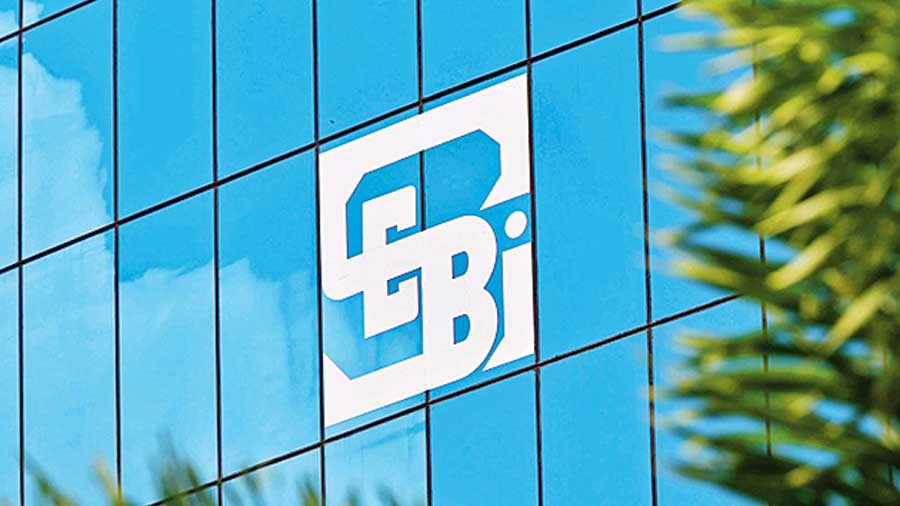The Securities and Exchange Board of India (Sebi) plans to tighten rules for IPO proceeds, particularly of new age companies.
A number of start-ups are planning to tap the capital markets after the successful listing of entities such as Zomato, Nykaa and PB Fintech.
In a discussion paper released on Tuesday, the market regulator said companies were proposing in their offer documents to raise funds for “inorganic growth initiatives” which includes future acquisitions, investing in new businesses and strategic partnerships without identifying the target acquisition or giving details of specific investments.
Sebi said start-ups were asset-light and may not need funds for investment in fixed assets or capital expenditure that needs to be specified in their offer documents.
Sebi, however, pointed out that raising funds for unidentified acquisition leads to some amount of uncertainty or ambiguity in the IPO objectives. The uncertainties grow in case a major portion of the fresh issue is earmarked for an unidentified acquisition.
This comes even as issuer companies can raise up to 25 per cent of the fresh issue size under the head of general corporate purpose (GCP).
The market regulator has therefore proposed a combined limit of up to 35 per cent of the fresh issue size for deployment for inorganic growth initiatives and GCP, where the intended acquisition is unidentified in the objects of the offer.
It however, added that such limits will not apply if the proposed acquisition or the strategic investment object has already been identified and suitable disclosures made.
SEBI also proposed that 50 per cent of the anchor book should be given to those investors who agree with 90 days or longer lock-in.











